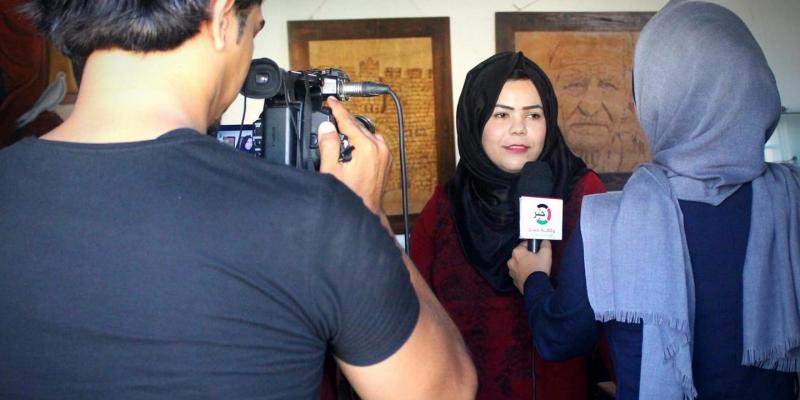Mali is faced with a fragile national context that undermines the functioning of the Rule of Law and makes it difficult to exercise active citizenship.
The social fabric, intra-community and inter-generational relations are weakening and the relations with representatives of local authorities are deteriorating.
Furthermore, women are often excluded from local decision-making processes, having a negative impact on the communities’ sustainable human development (e.g. increasing socio-economic disparities and a feminisation of poverty).
Finally, elected women in the Kayes region struggle to assert women’s rights and promote equal opportunities in local planning and governance.
The project aimed to build a true digital community around the inclusion of women and youth in governance and to promote the integration of their priorities into planning.
Through two existing applications in Mali (MonElu and Xensa), the project has generatet greater participation of women and young people in the various stages of the cycle of citizen control of public action at the intercommunal level, the development of community priority action plans for their monitoring and evaluation, by opening up the consultation process to a large number of people.
Finally, the documentation of approaches and methodologies as their popularisation and adaptation in digital format has facilitated the transfer of skills and allow wide dissemination through the SaheLink digital community, the Democracy Tech Squad network and the Lenali social network.
The project focused its activities on achieving three interlinked result areas:
- Optimisation of data use and increase of understanding the issues regarding women and youth participation.
- Availability and accessibility of digital solutions and capacity building of stakeholders allowing for a meaningful participation in local governance.
- Availability of local development plans that are gender and youth sensitive.





